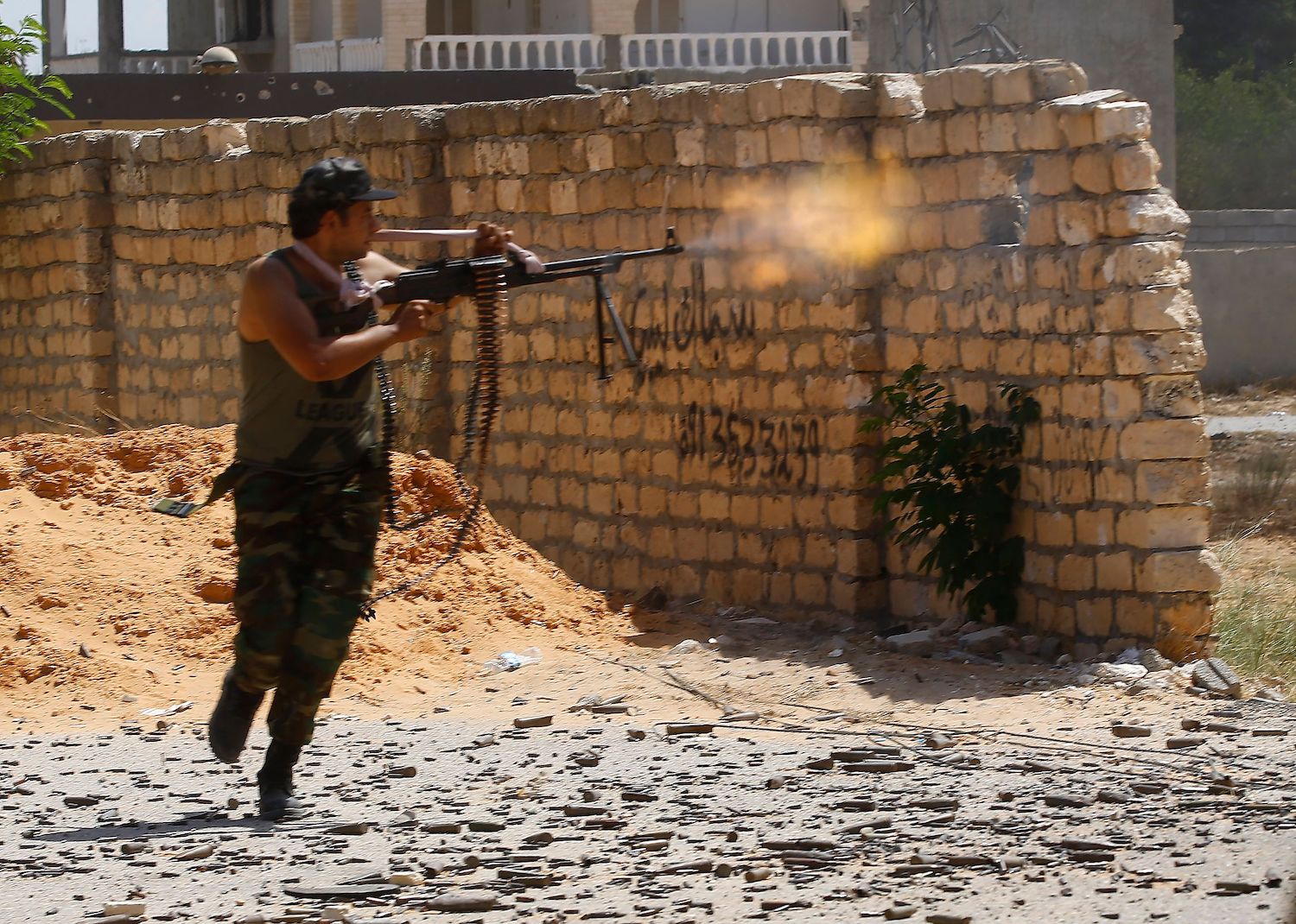Developments in Libya cannot be ignored
https://arab.news/v96ry

With the world’s attention focused on the coronavirus disease pandemic, major developments have been taking place in Libya that threaten the stability of the nation and represent serious new occurrences in its decade-long civil war.
There have been a series of military clashes between the UN-backed Government of National Accord led by Fayez Al-Saraaj and the forces of Field Marshal Khalifa Haftar. The ability of Haftar and his loyalists to successfully recover from their military losses should be a lesson not forgotten by his enemies.
Haftar made some authoritative pronouncements when he started his campaign to oust the allies of the Muslim Brotherhood from Tripoli. He had a vision for Libya and his assertiveness was welcomed by regional powers. He was not perturbed by the entrenched opposition in the western part of the country.
He understood the nature of the change Libya underwent after the overthrow of Muammar Qaddafi in 2011. The question was not so much that of who governs Libya — which is a central problem in itself — but of how much influence the Islamists who exploited the chaos following Qaddafi’s ouster would have. There were some important instances where the Libyans could have established a degree of understanding among themselves that could have thwarted any opportunists from capturing the reins of government.
Haftar had a different concept than most of the Libyan leaders when it came to the argument over which comes first: Stopping the religious extremists from controlling Libya or making the country united again. He was confident the Islamists could be defeated and he had a pragmatic attitude toward national unity. The latter for him was an obligation, not a demand. The needs of Libyans have to be met, since the majority would place security and essential services at the heart of national unity.
Qatar and Turkey’s support for Islamists should not be Libya’s experience. These countries are drawn to Libya to use its resources for their own advantage. The irony is that the militias they shepherded and sponsored have ruined Libya and destroyed its economy. They do not understand the realities of Libya.
Haftar was confident the Islamists could be defeated and he had a pragmatic attitude toward national unity.
Maria Maalouf
The latest developments in the Libyan civil war’s military balance raise a number of questions. How often will the pro-Turkey militias intervene? How can the war be ended? Will Haftar issue a call to encourage the return of the more than 200,000 Libyans who have fled the country in the last year?
The evolution of the civil war in Libya should not be neglected internationally. Based on recent reports of a new phase of activism by Daesh in Iraq and other parts of the Arab and Islamic worlds, the Trump administration and the West should pay attention to Libya and the fact it is part of the global war against terrorism. Haftar has been fighting terrorism and he should garner more support from President Donald Trump. With his leadership commanding the support of more and more Libyans, it is time the whole world sided with Haftar and told Turkey’s Recep Tayyip Erdogan to curtail his dangerous ambitions in Libya.
- Maria Maalouf is a Lebanese journalist, broadcaster, publisher, and writer. She holds an MA in Political Sociology from the University of Lyon. Twitter: @bilarakib








































